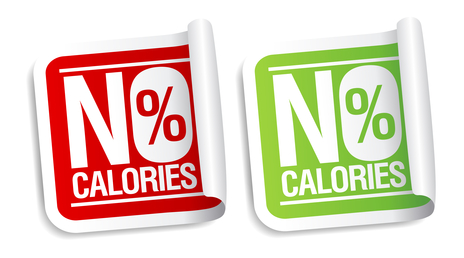
Why Calorie Restricted Diets Don’t Work.
The New Year has come and with that comes new resolutions. For many that may include a new diet.
If you are looking to control your weight this year we strongly caution against calorie restricted diets.
Weight gain skyrockets around the holiday season and to off set the trend people often diet in the new year by restricting calories.
But, according to the American College of Sports Medicine caloric intake should never drop below 1200 calories per day for women or 1800 per day for men. Anything below this can result in the destructive process of muscle catabolism! Basically, it eats itself to supply energy. In a prolonged state of catabolism it can result in major muscle loss and have a negative impact on overall health.
A calorie is a measure of food energy. If you are having trouble getting your head around calories and caloric intake maybe this will help.
In the laboratory, it takes 1 calorie to raise 1 gram of water to 1 degree Celsius. And in your daily diet you will find 4 calories in 1 gram of protein, 4 cal in 1 gram of carbohydrates and 9 calories in 1 gram of fat. And if you drink alcohol keep in mind there are 7 calories for every gram of alcohol you consume.
Our bodies need this energy to function but if we eat too much the body stores excess energy as fat, eat to little and well you can turn catabolic!
The American Journal of Clinical Nutrition reported that overweight people who restrict calories lose a quarter pound of muscle for 1 pound of weight loss. And for people who are basically lean but may have a few extra pounds of abdominal or hip fat to lose fair even worse- they loose ½ pound of lean muscle mass for every pound lost. And, losing lean muscle is never a good thing ..especially for our athletes.
It’s not so much about cutting calories as it is the type of calories.
Moderation is always a good rule of thumb when it comes to food intake and for our athletes we time when and how much they eat to compliment training, recovery and health .
Remember these tips:
Eat Breakfast! It jump starts your metabolism. Remember what you eat counts.
Eat every 2-3 hours
Include some type of protein in your snacks and meals
Portion sizes! We live in a world of super sized meals, don’t fall for it.
In the end, Diets just Don’t work.
It’s better to invest in an exercise & eating program to get results. And for our athletes, timing your nutrient intake around your practice, competitions and training schedule is an absolute must.
But that is a conversation for another day.
More Later,
Jeff Krushell





